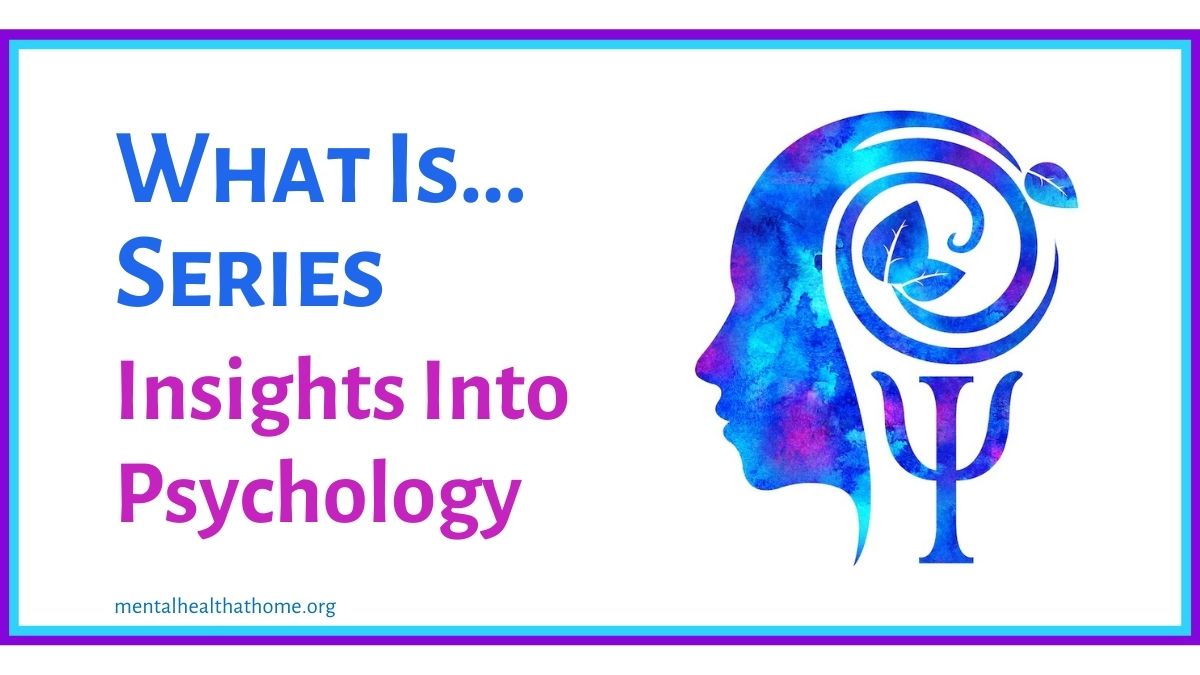Mofra
Moderator
- Dec 6, 2005
- 67,054
- 198,234
- AFL Club
- Western Bulldogs
- Other Teams
- Footscray, Coney Island Warriors
- Thread starter
- Moderator
- #176

What Is... The Psychology Behind Conspiracy Theories
This post explores the psychology behind why so many people (1/4 of Americans!) buy into conspiracy theories like qAnon.
According to Scientific American, a conspiratorial perspective is “the idea that people or groups are colluding in hidden ways to produce a particular outcome.” The Conspiracy Theory Handbook identified seven characteristics of conspiratorial thinking:
- Simultaneously holding contradictory beliefs
- Extreme levels of suspicion
- Presumed nefarious intent of the suspected conspirators
- A belief that there’s still something going on persists even if specific ideas about the conspiracy turn out to be false
- Self seen as persecuted victim
- Any new contrary evidence that comes along is reframed so that it somehow supports the conspiracy theory
- Every event is taken as having a specific meaning rather than being random
Illuminating:
Some of the factors that can promote conspiratorial thinking are:
- anxiety
- feelings of powerlessness, lack of control
- uncertainty
- feeling alienated/unwanted
- personal or collective crisis/threats
- unusual events
- narcissism-related paranoia




